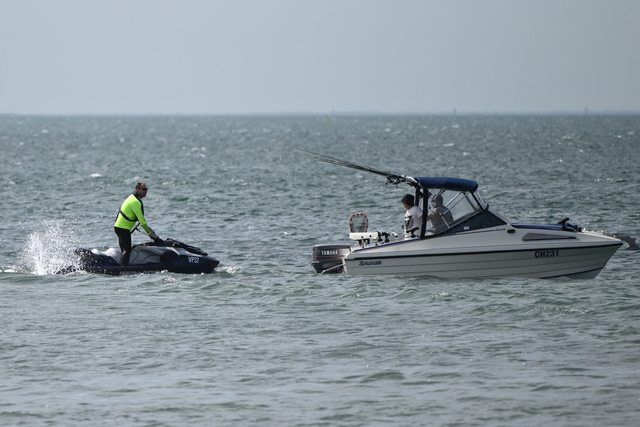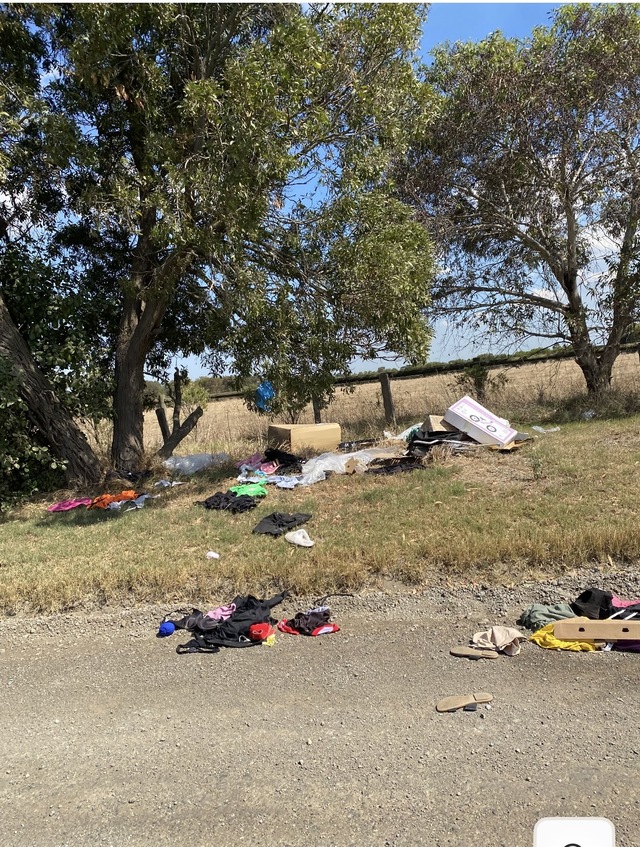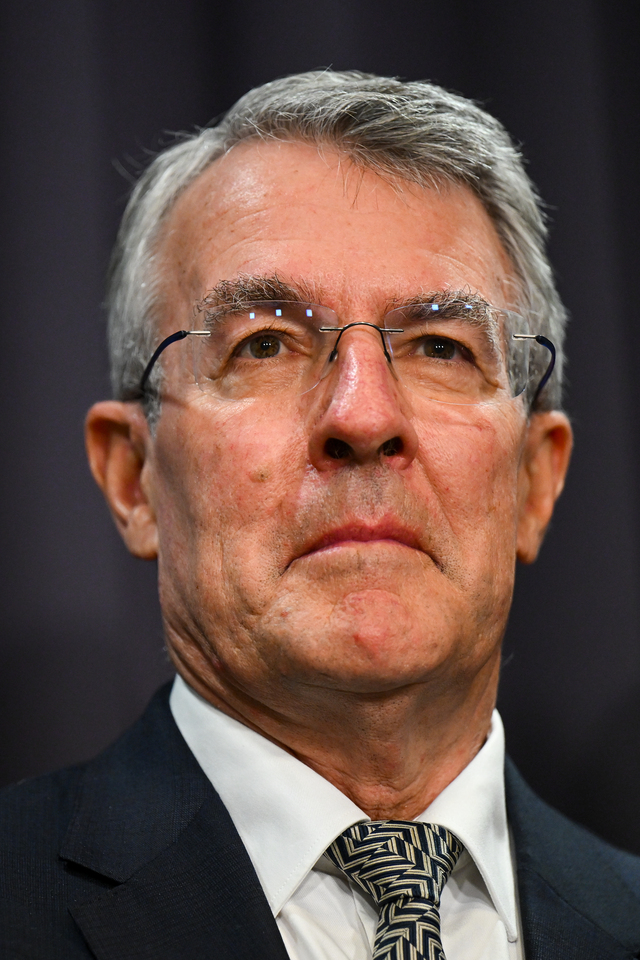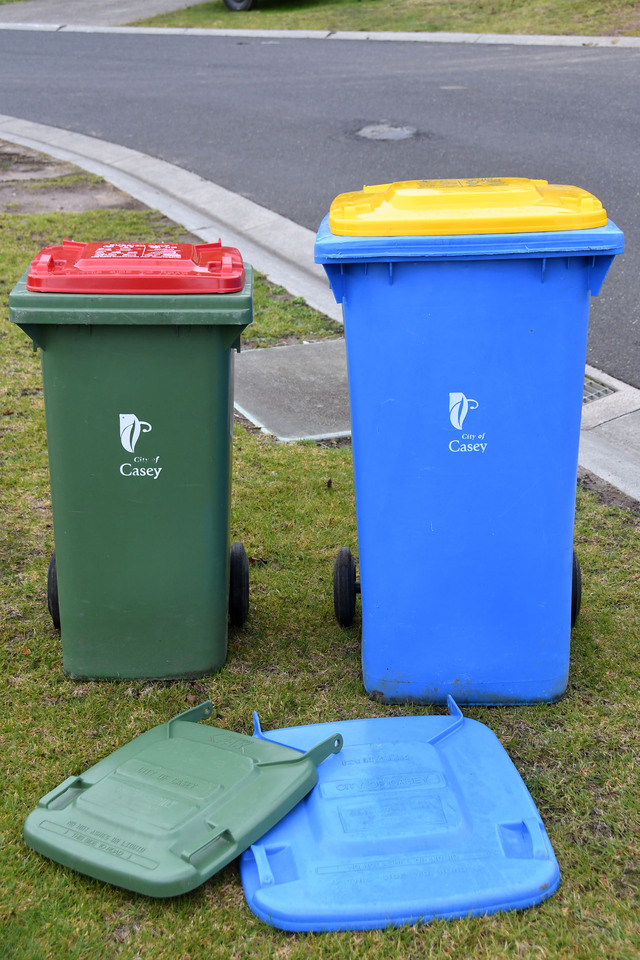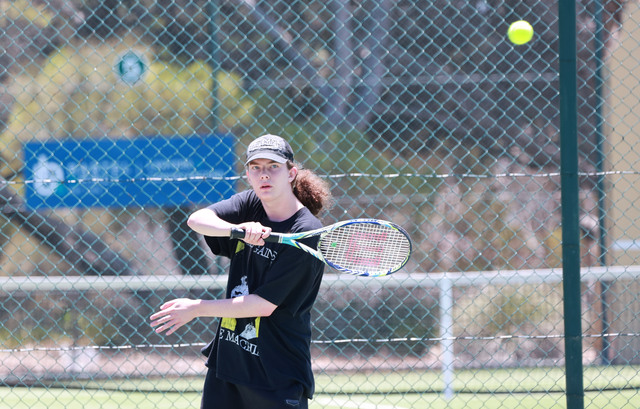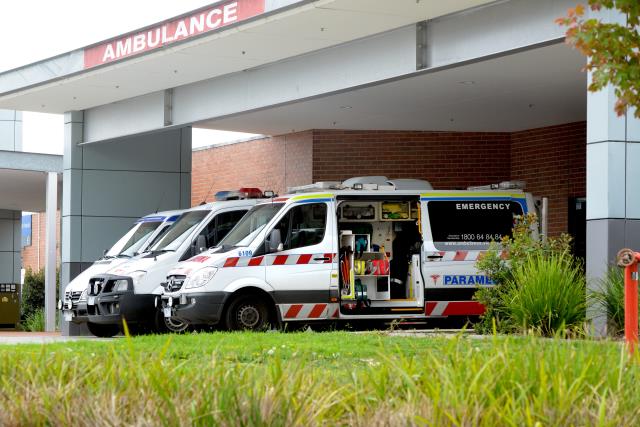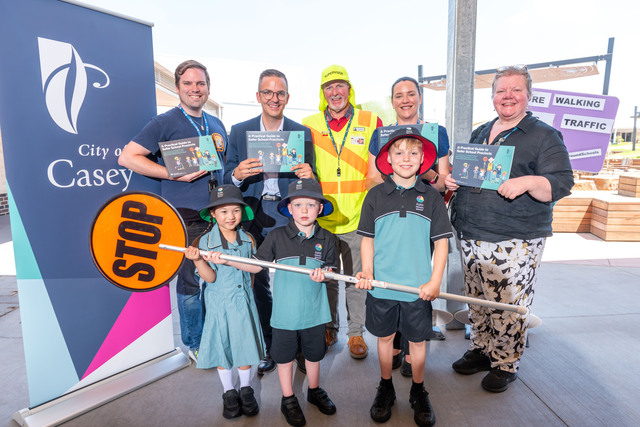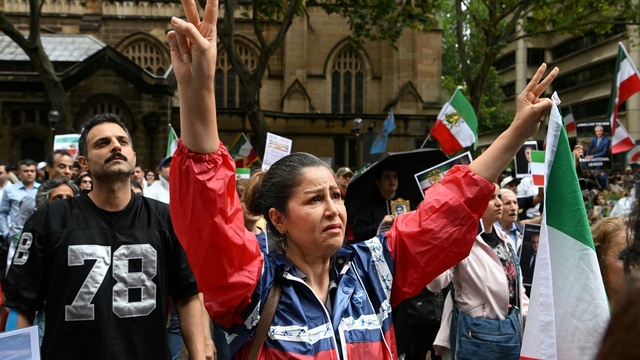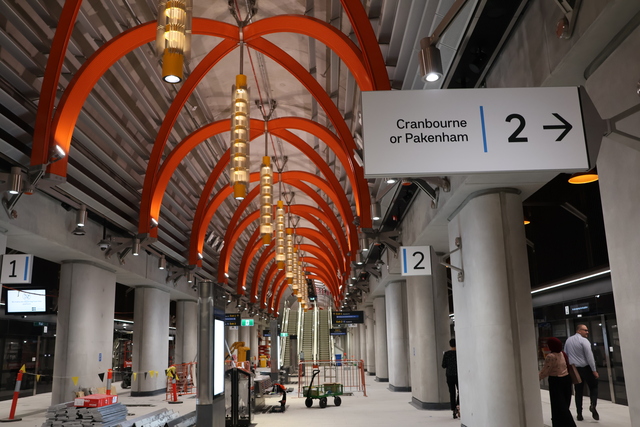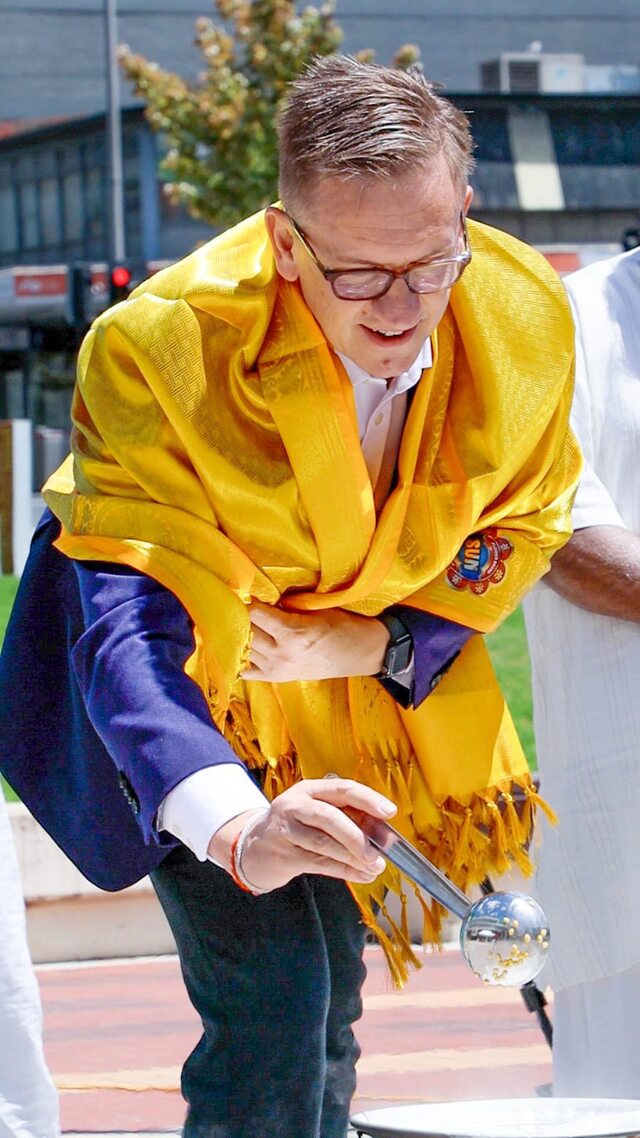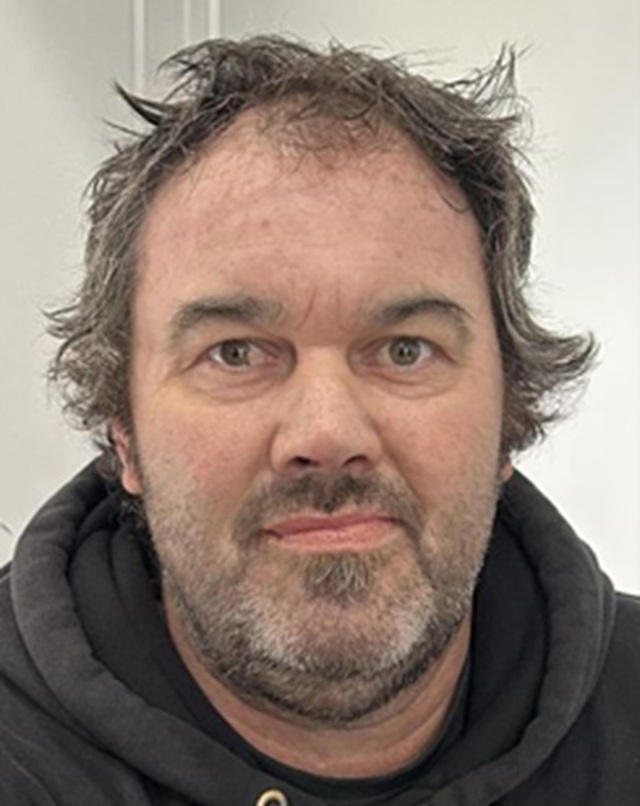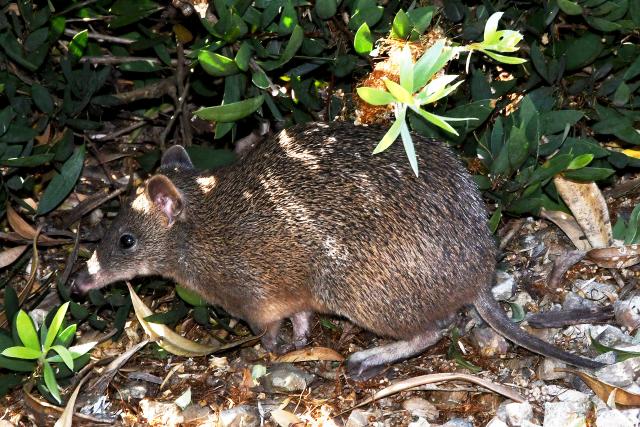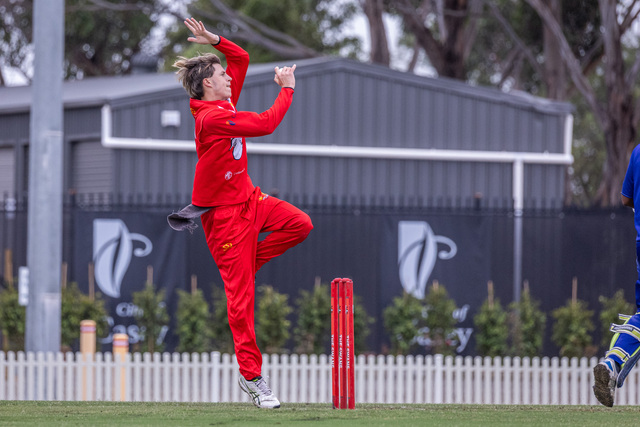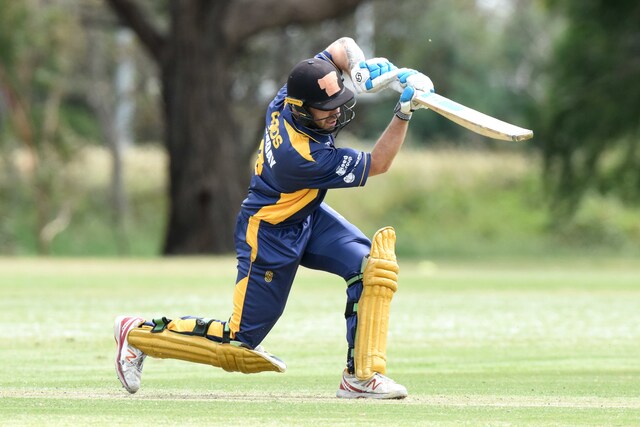 Left: Satirical actor John Clarke talks about his environmental concerns at the Cranbourne Chamber of Commerce annual meeting.
Left: Satirical actor John Clarke talks about his environmental concerns at the Cranbourne Chamber of Commerce annual meeting. By Sarah Schwager
POLLUTANTS and sediment in Western Port are causing seagrass to die and are seriously affecting its conservation.
The comment came from actor, writer and comedian John Clarke, who appears on the ABC’s The 7.30 Report, is also one of the directors of the Western Port Seagrass Partnership, as he sent out a warning about the dwindling natural resources at the bay.
Speaking at the Cranbourne Chamber of Commerce annual general meeting last Wednesday, Mr Clarke took the opportunity to urge local businesses to throw their support behind conserving the bay.
“Western Port Bay is the largest pristine clean body of water anywhere on earth near a major city,” he said.
“The bay is also home to 70 per cent of the animals found in Victoria.”
Mr Clarke, who has a house at Phillip Island, said since mangroves had been taken out from cliffs near Lang Lang sediment had crept into the top part of the bay.
He said now neither fish nor birds went near the area.
Western Port Seagrass Partnership director Tim Ealey has been actively involved in replanting mangroves around the bay.
Dr Ealey said schoolchildren and foreshore committee volunteers had helped plant mangroves along the coast and he urged all locals to contribute.
The initiative to grow the mangroves came about after attempts to plant seagrass at the bay failed.
While there were many possibilities why the replanting was unsuccessful, including nearby sand mining and agriculture, the Western Port Seagrass Partnership found the eroding banks caused a thick brown slimy layer to form on the bare mudflats, smothering the seagrass and preventing it from growing.
“As long as those cliffs are eroding we won’t grow seagrass. We need to get as much mangroves as possible to stop the eroding,” Dr Ealey said.
He said the coast was starting to wash back into people’s properties.
“Measurements from pegs placed along the shore indicate that in some locations the cliffs are eroding at about one metre per year,” he said.
“In places, the sea has broken through the dirt bund, which protects farms from salt water and may threaten farmers’ livelihoods.”
Dr Ealey said planting mangroves was the best option to stop the erosion.
“Rock walls cost millions and they look awful,” he said.
Dr Ealey also said that without seagrass there were no nurseries for King George whiting and other fish and this could affect the local fishing industry.
A month ago, Dr Ealey, Lang Lang Foreshore Committee volunteers and Flinders MP Greg Hunt went along the Lang Lang coastal cliffs to plant mangroves and planted the 1000th seedling.
Mr Hunt commended Dr Ealey and the volunteers for their commitment to the seagrass project and the local environment.
“I am very concerned with the erosion and seagrass growth rates, not just at Lang Lang but in many places around Western Port.
“I am committed to working toward practical solutions that will turn around the erosion, rejuvenate the seagrass growth and help to protect farmers and their land,” Mr Hunt said.

